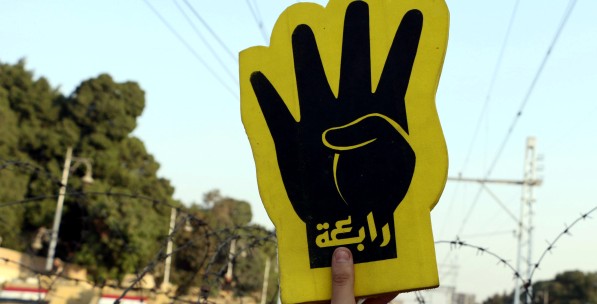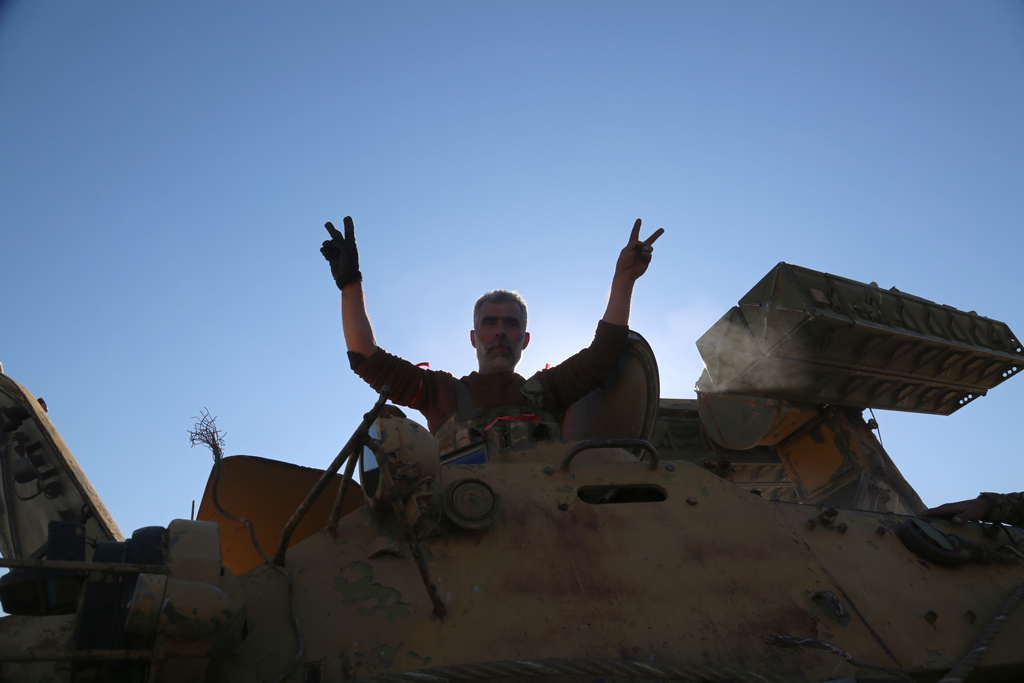Morsi and top officials of the Muslim Brotherhood (Ikhwan) administration stand trial in Egypt. The first elected president of the country, Morsi appears before the judge and also the people, exactly four months after the military intervention. Even his family sees Morsi for the first time since the intervention.
The Anti-Coup National Alliance has launched protests nationwide. Launched on November 1, the one-week demonstrations are dubbed as the “Trial Week of the People’s Will”.
Morsi announced on the subject that he is a legitimate president, so he may be put on trial only by the Egyptian People’s Council according to the Egypt 2012 Constitution, which was approved by a popular vote and is in force since then.
During the trial, no lawyer (not from inside or outside the country) will defend Morsi. The National Alliance announced that the lawyers will be present in the room just to follow the case because Morsi does not recognize the court, refuses any kind of implementation resulting from the military intervention and declines to have lawyers for his defense.
The trial will begin on Monday (November 4, 2013) at the Police Academy in the neighborhood of Tura. About 20,000 security personnel are deployed to secure the area. According to the security sources, Morsi was transferred by a military helicopter from the house where he was under arrest to the Tura Prison three days before the trial. On the day of the trial, the Tura Street will also be closed to traffic and the normal traffic will be directed to other roads.
For all security-related activities at the end of the trial, tight protective measures are expected for the trial room and the judges. While I attended the second trial of the Hosni Mubarak case, I had seen military officers in plain clothes. They had filled almost half of the trial room as the other half of the room was filled by journalists and lawyers.
Security experts signify that Morsi’s prosecution process will be much riskier than that of Mubarak’s and that the armed forces should be in cooperation with the police. An Egyptian security expert Mahmoud Qatari defends that Morsi supporters are many times more than the supporters of Mubarak; therefore, it is impossible for the police to provide security at the court and in the country. Qatari says, the security forces should be equipped with the state-of-the-art weapons against possible attacks.
Yet some others, such as Jamal Abu Ziqra, believe that the Muslim Brotherhood will not attempt to block the trial. Ziqra says that although Morsi has so many supporters, a substantial segment of the Egyptian people are against the protests organized by the Ikhwan since June 30, 2013.
On the other hand, the Muslim Brotherhood administration asks a transparent and fair trial for Morsi and a live broadcast of the trial on TVs. However, the military junta will less likely accept this demand because the iron cage in which Morsi will stand before the judge may be covered with glass in order to prevent public to hear his voice.
The Muslim Brotherhood’s officials who are not on trial - or those who managed to stay out - in their statements to the media organs said that Morsi’s doctor should also be present in the trial-room and that the security should be meticulously provided for his doctor’s arrivals and departures as well.
If the same norms of the Mubarak’s trial are not applied for Morsi, the Ikhwan will take the issue to human rights organizations; therefore, to the international arena.
THE WORLD NEITHER SAID ‘COUP’ NOR RECOGNIZED THE GOVERNMENT
It is a fact that the dominant powers of the world have not called the change in Egypt a “coup”. However, not many countries have recognized the government formed in Egypt after the July 3 intervention.
For instance, the Egyptian administration has made an attempt to buy considerable amounts of









